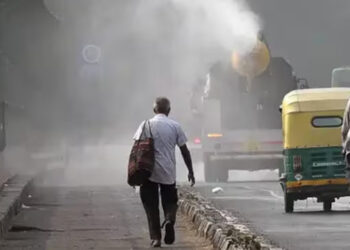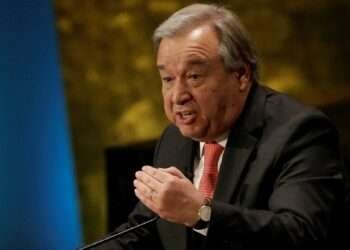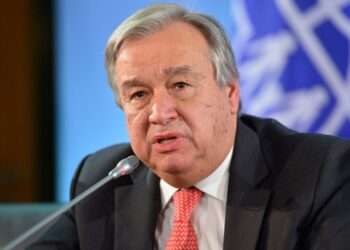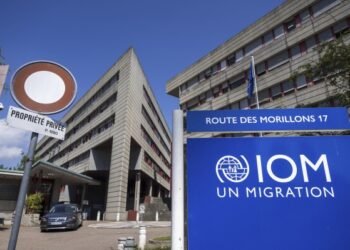As the clock winds down at the United Nations’ annual climate talks in Azerbaijan, negotiators face a growing impasse over a central issue: securing significant financial commitments from wealthy nations to help developing countries combat and adapt to climate change.
Vulnerable nations are calling for $1.3 trillion in funding to address climate-related damage and transition to cleaner energy systems. While experts agree on the need for at least $1 trillion, these demands far exceed what developed countries have so far pledged.
“We need a figure,” said Adonia Ayebare, chair of the G77+China group of developing nations. “Then the rest will follow. But we need a headline,” he emphasized during a press briefing on Wednesday.
With just two days remaining to resolve the deadlock, no concrete commitments have been made by wealthier nations, leaving many negotiators frustrated.
Different Numbers, Same Stalemate
Negotiators are grappling with three contentious elements: the total funding amount, the balance between grants and loans, and the responsibility of contributions.
Proposals on the table range widely. Developing nations have pushed for $1.3 trillion, while figures as low as $440 billion and $200 billion have also emerged in discussions.
“That’s not enough,” remarked Diego Pacheco Balanza, chair of the Like-Minded Group negotiating bloc. He accused developed countries of shirking their legal obligations to provide climate finance, saying, “Developed countries… continue to shift their responsibility to developing countries.”
Developing nations argue that wealthier countries, as historical polluters, have a moral and legal duty to provide financial support. They insist that public grants, not loans or private investments, should make up the majority of the funding.
Two of the largest contributors, the European Union and the United States, have resisted committing to specific figures until the agreement’s framework is finalized. Adding to the complexity, there is pressure for wealthier emerging economies, such as China and Saudi Arabia, to contribute despite their classification as developing nations.
A Steep Climb Ahead
Negotiations are expected to intensify as a streamlined draft of the agreement is anticipated in the early hours of Thursday. This will likely lead to long nights for negotiators scrambling to bridge the gaps.
European climate envoy Wopke Hoekstra acknowledged the challenges ahead, saying, “This will be a very steep climb. It is important to determine the elements first so that you can have an informed conversation about what an ambitious and also realistic number could be.”
COP29 host Yalchin Rafiyev, Azerbaijan’s lead negotiator, urged nations to accelerate progress. “Let us embrace the spirit of collaboration, compromise, and determination to ensure that we leave this conference with outcomes that make a real difference,” he said.
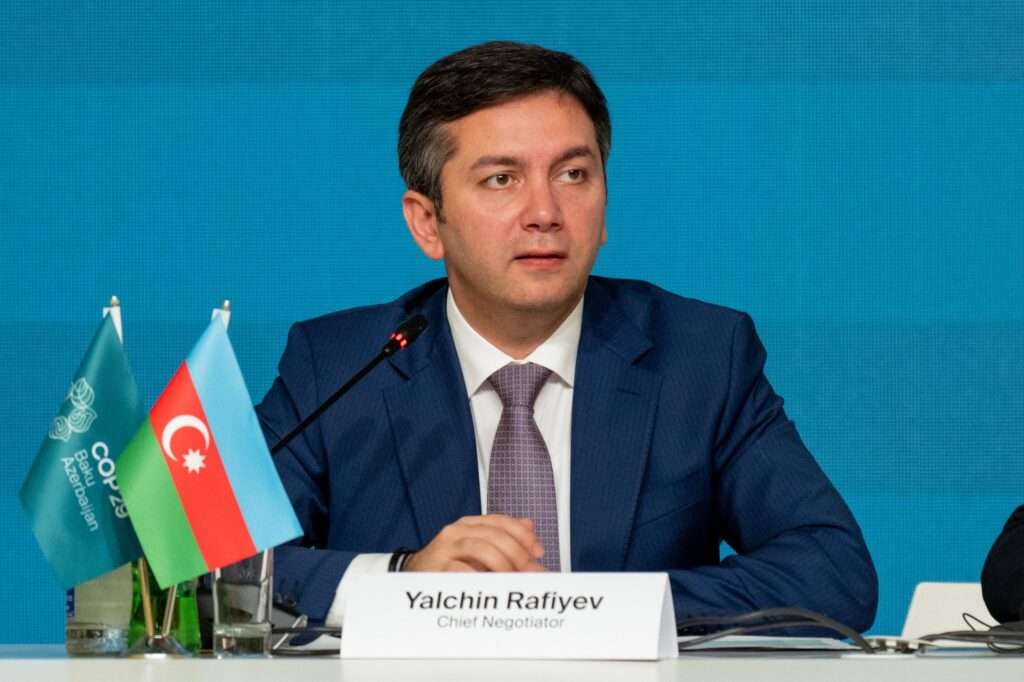
Pressure to Deliver
The debate over climate finance has exposed the growing divide between rich and vulnerable nations. Developing countries are increasingly vocal about their need for financial assistance to address the devastating effects of climate change, including rising sea levels, extreme weather, and displacement.
However, the resistance from wealthier nations underscores the challenges of securing international cooperation. Some developed countries argue that private capital should play a larger role, while others cite domestic political constraints limiting their ability to commit substantial public funds.
Amid this backdrop, the urgency of the talks cannot be overstated. The lack of a unified approach threatens to undermine global climate goals, with vulnerable nations bearing the brunt of the consequences.
As the conference nears its conclusion, the path forward remains uncertain. Negotiators would be required to balance ambition with pragmatism, ensuring that vulnerable nations receive the resources they need while navigating the political realities faced by donor countries.
READ ALSO: NPP Denies Rigging and Violence Allegations Ahead 2024 Elections


